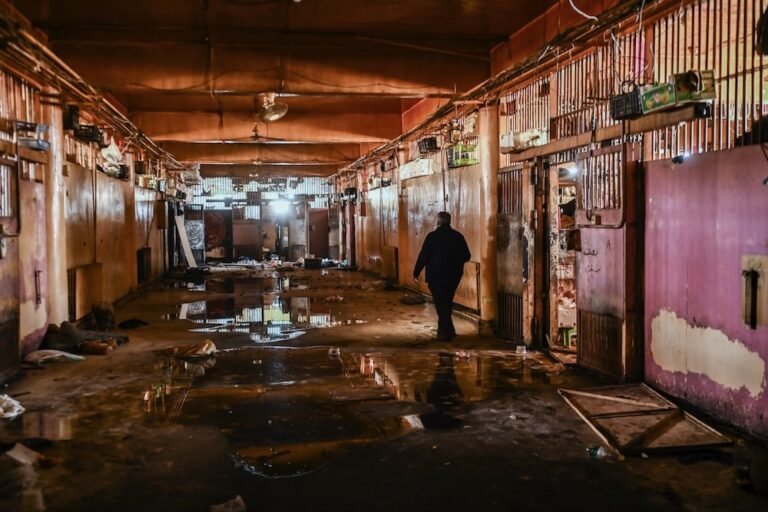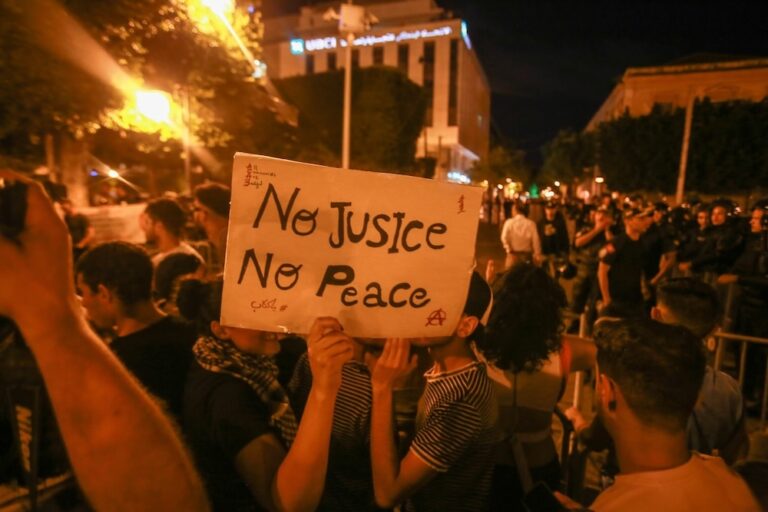Global content platforms operating in authoritarian countries throughout the region should prioritize free expression over financial profits.
This statement was originally published on smex.org on 9 September 2022.
Netflix, the world’s leading streaming platform, is receiving pressure from some Arabic-speaking countries to limit its content on the grounds that it “violates Islamic principles” and community values. This form of censorship, camouflaged as restricting “sensitive content,” is not an isolated case, but has become a trend in the region, especially when it comes to LGTBI+ issues or political nuances.
A joint statement from Saudi Arabia and the six-member Gulf Cooperation Council (GCC) – which includes the United Arab Emirates, Qatar, Kuwait, Bahrain, and Oman – has demanded Netflix remove content that “contradicts Islam and societal values” and have threatened the platform with legal action if it doesn’t stop broadcasting this type of content. So far, there has been no immediate reaction from Netflix – SMEX tried to contact the MENA person with no response.
The statement does not provide further details nor refer to any specific material, but the Saudi state-run Al-Ekhbariya news channel pointed out that the reason is that Netflix’s content promotes “homosexuality and it is harmful for children and the future generation.” The same channel also showed blurred clips from the animated show Jurassic World Camp Cretaceous in which two teenage girls confess their love and kiss each other.
On September 7, just one day after the GCC, the Supreme Council for Media Regulation in Egypt issued regulations for content on platforms like Netflix and Disney to follow the societal norms and values of the state. Although the publication does not add further details for now, it points out that measures will be taken if the broadcast material conflicts with the social values of the country.
These are not the first instances of censorship in the region. Audiovisual products have long been threatened under the motive of protecting social and Islam values. In April this year, the film Doctor Strange in the Multiverse of Madness was not screened in Saudi Arabia’s cinemas after Disney refused a request from authorities to cut what they considered “LGBTQ references.” The same happened in June when the animated film Lightyear was banned in the UAE and 14 other countries, including Saudi Arabia, Egypt, Qatar, Kuwait or Lebanon, for a same-sex kiss.
Moreover, in January 2019 Netflix removed an episode of the comedy show Patriot Act With Hasan Minhaj for being critical of the Kingdom and commenting about the murder of the journalist Jamal Khashoggi.
Behind the apparent reason of prohibiting LGBTQ content, this censorship is also motivated by a deeper economic logic. Saudi Arabia has its own regional streaming platform, Shahid, and Egypt also has a counterpart platform, Watchit, both fully controlled by the state and its security apparatus. Although at the moment Netflix continues to be the most used platform in the region, the rise in price for its subscription and the continuous limitation of content can play in favor of self-produced platforms and exponentially increase the number of their viewers.
As mentioned in an article from Variety, Shahid’s key differentiator is that 42% of its content is local, whereas only 1% of content on Netflix is in Arabic.
Authoritarian Arab-speaking countries, like Egypt and Saudi Arabia, want to limit the content of global platforms such as Netflix under the premise of protecting social and religious values. The platforms themselves are tolerating this censorship, giving more power to these countries. What is currently considered partial blocking, can only lead to more censorship, and companies should prioritize free expression over financial profit from operating under authoritarian constraints.



